Tiny House vs Container Home? Find Your Perfect Fit
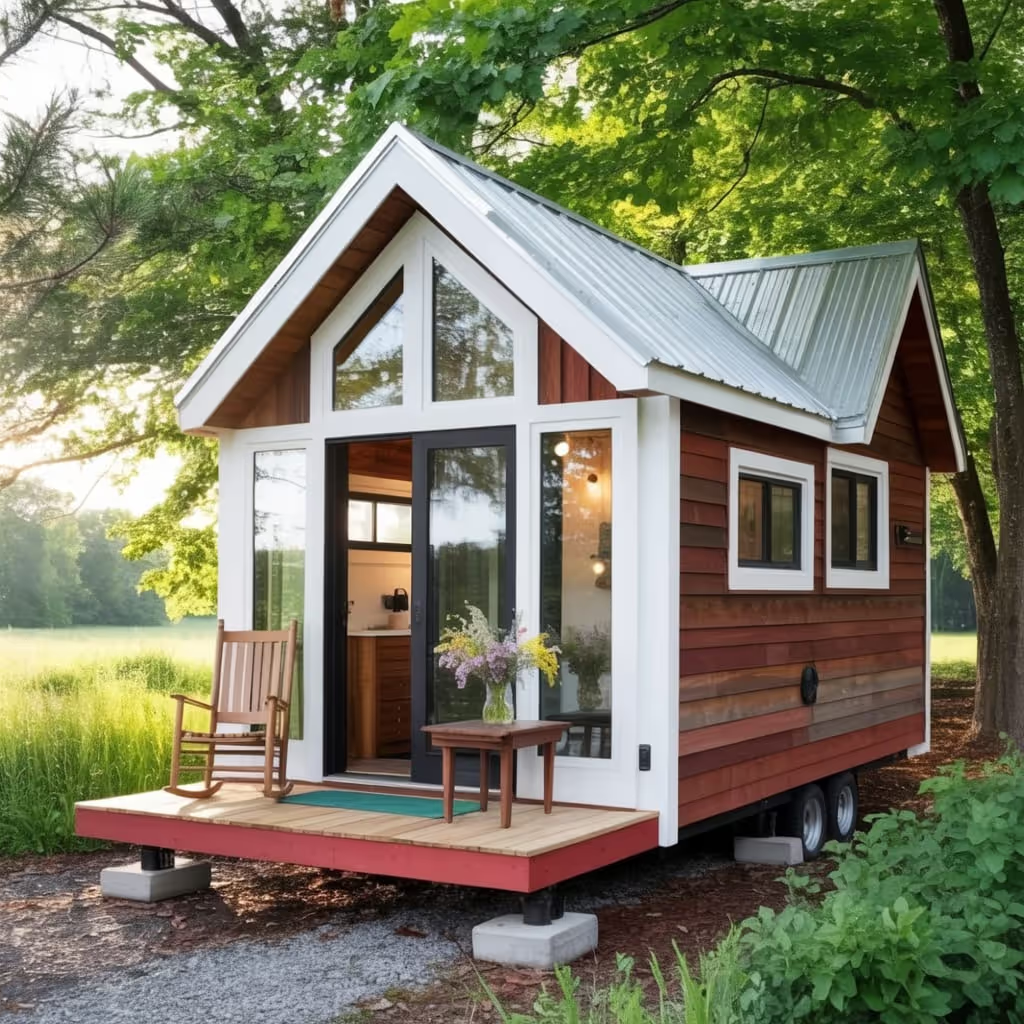

Quick Overview
Breaking It Down by Feature
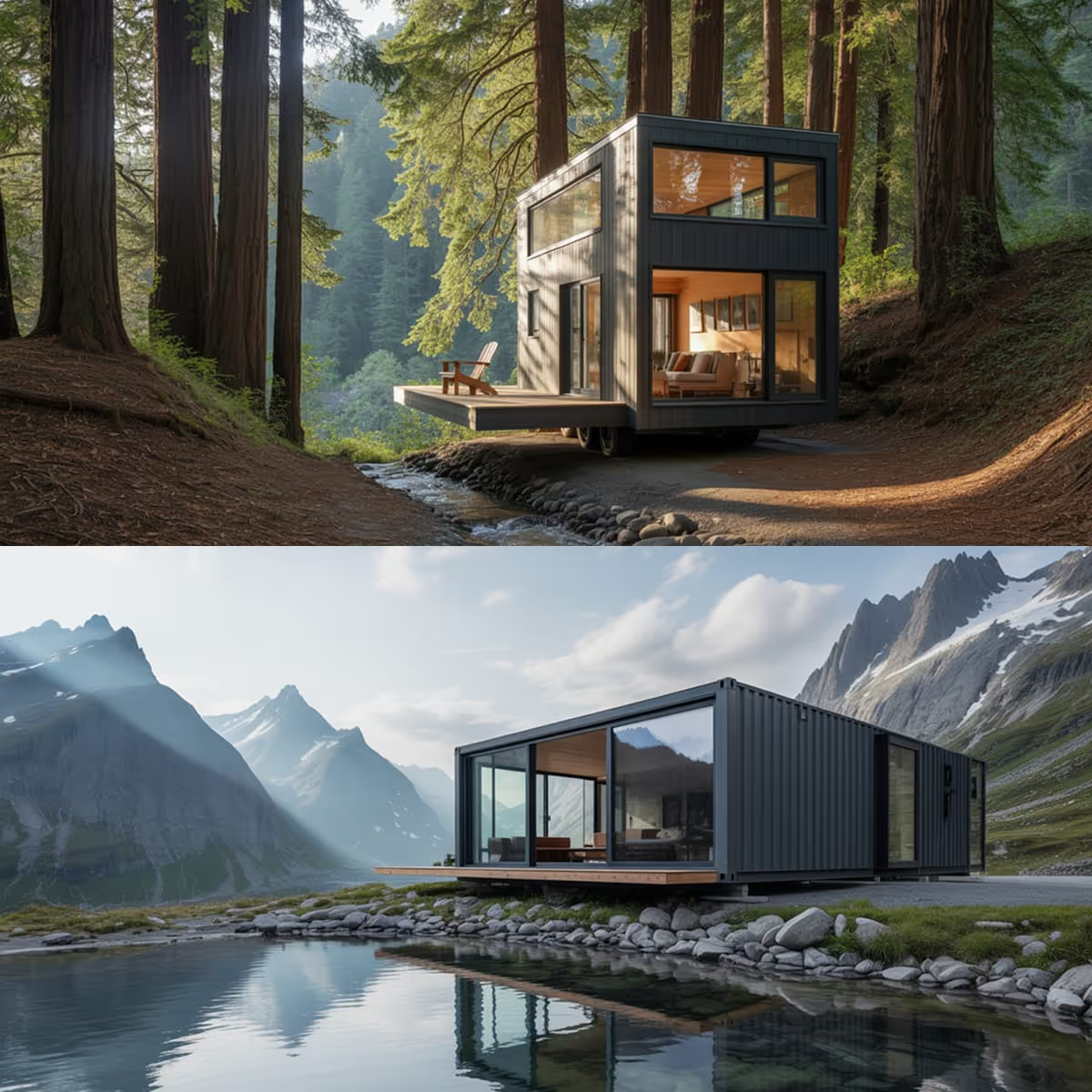
Setup & Portability
Tiny Houses are typically built on trailers, allowing for relocation with a large vehicle, but moving them often can be logistically complex and costly. Container Homes use repurposed shipping containers that are heavy and less mobile, making them best suited for semi-permanent installations rather than frequent moves.
Build Materials & Weather Readiness
Tiny Houses use wood framing and siding, which can be customized for specific climates but may require extra weatherproofing in harsh regions. Container Homes are constructed from steel, offering strong resistance to wind and pests, yet they need careful insulation and ventilation to handle extreme temperatures.
Comfort, Insulation & Space
Tiny Houses are known for efficient layouts and good insulation, providing comfortable living space for singles or couples with creative use of storage. Container Homes offer a more rigid, rectangular layout and may feel narrower, but with quality insulation, they deliver stable indoor temperatures and livable space.
Maintenance & Lifespan
Tiny Houses need regular upkeep, especially for wooden exteriors and roofing, but can last decades if well maintained. Container Homes require rust prevention and periodic painting to extend their lifespan, which can exceed 25 years with proper care.
Aesthetic Appeal
Tiny Houses stand out for their cabin-like charm and offer broad customization options, suiting a variety of personal or regional design styles. Container Homes are visually distinctive with an industrial aesthetic, often appealing to those who prefer a minimalist or contemporary look.
Pricing & ROI
Tiny Houses can be less expensive to build, but high-quality models and customizations may raise the investment, impacting the overall return. Container Homes often require significant upfront costs for modifications and transport, yet their durability and unique style can attract higher rental yields or resale value.
Frequenty Asked Questions
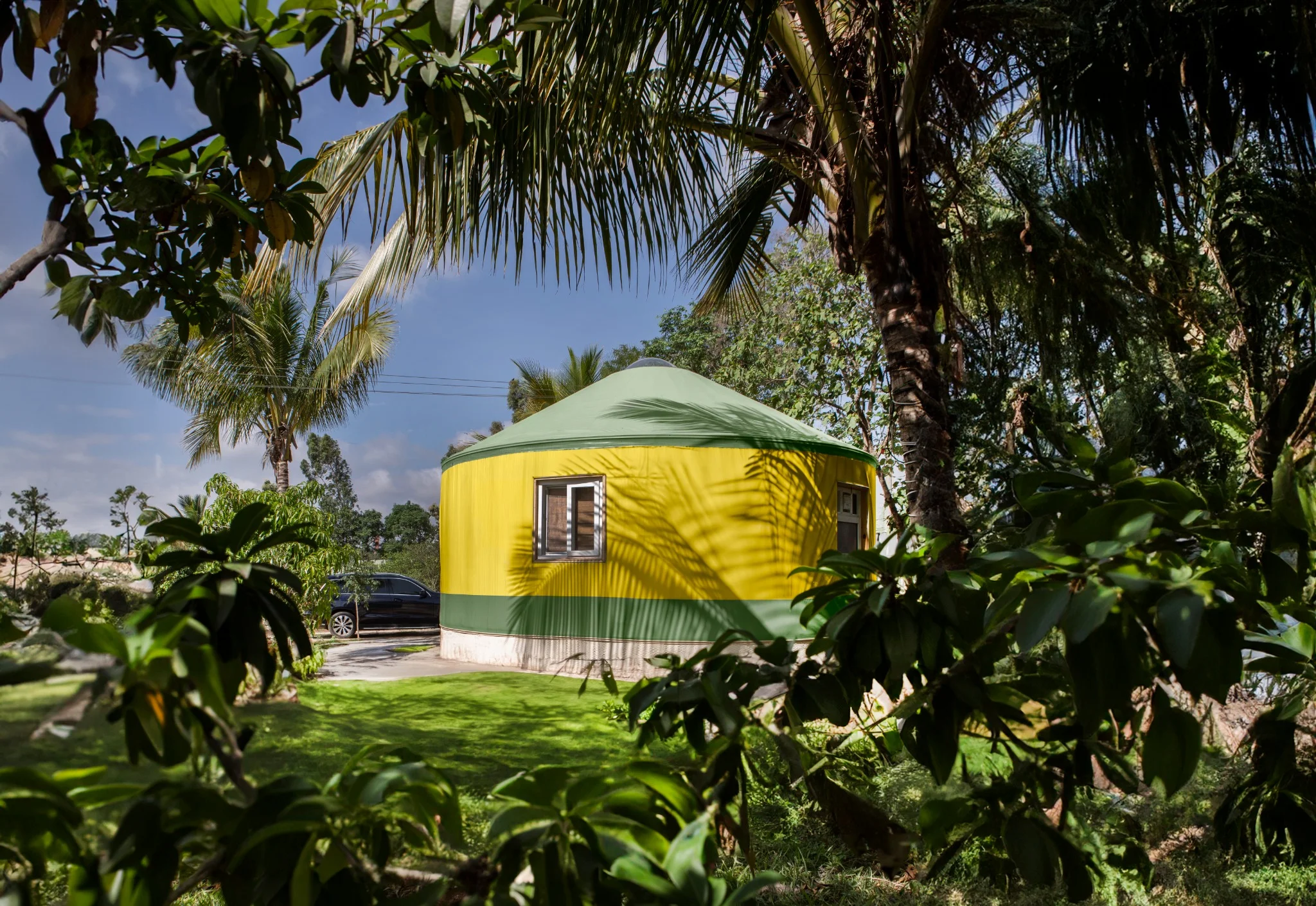
Which lasts longer, Tiny House or Container Home?
Container homes last longer due to steel durability, while tiny houses depend on wood quality and maintenance.
Which is more comfortable for year-round use, Tiny House or Container Home?
Tiny houses offer better comfort year-round with natural insulation, while container homes require extra insulation for temperature control.
Do Tiny House or Container Home require a lot of maintenance?
Tiny houses offer better comfort year-round with natural insulation, while container homes require extra insulation for temperature control.
How well do yurts handle extreme weather compared to Tiny House or Container Home?
Tiny houses offer better comfort year-round with natural insulation, while container homes require extra insulation for temperature control.
Do Tiny House and Container Home need building permits?
Tiny houses offer better comfort year-round with natural insulation, while container homes require extra insulation for temperature control.


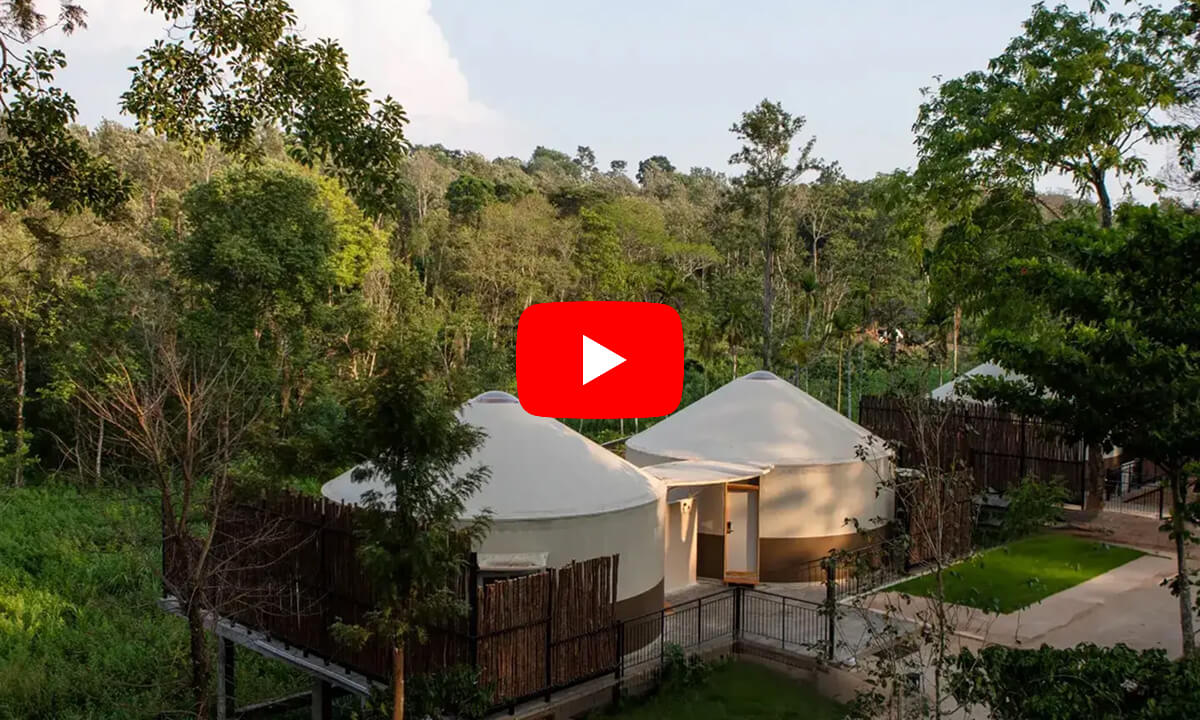

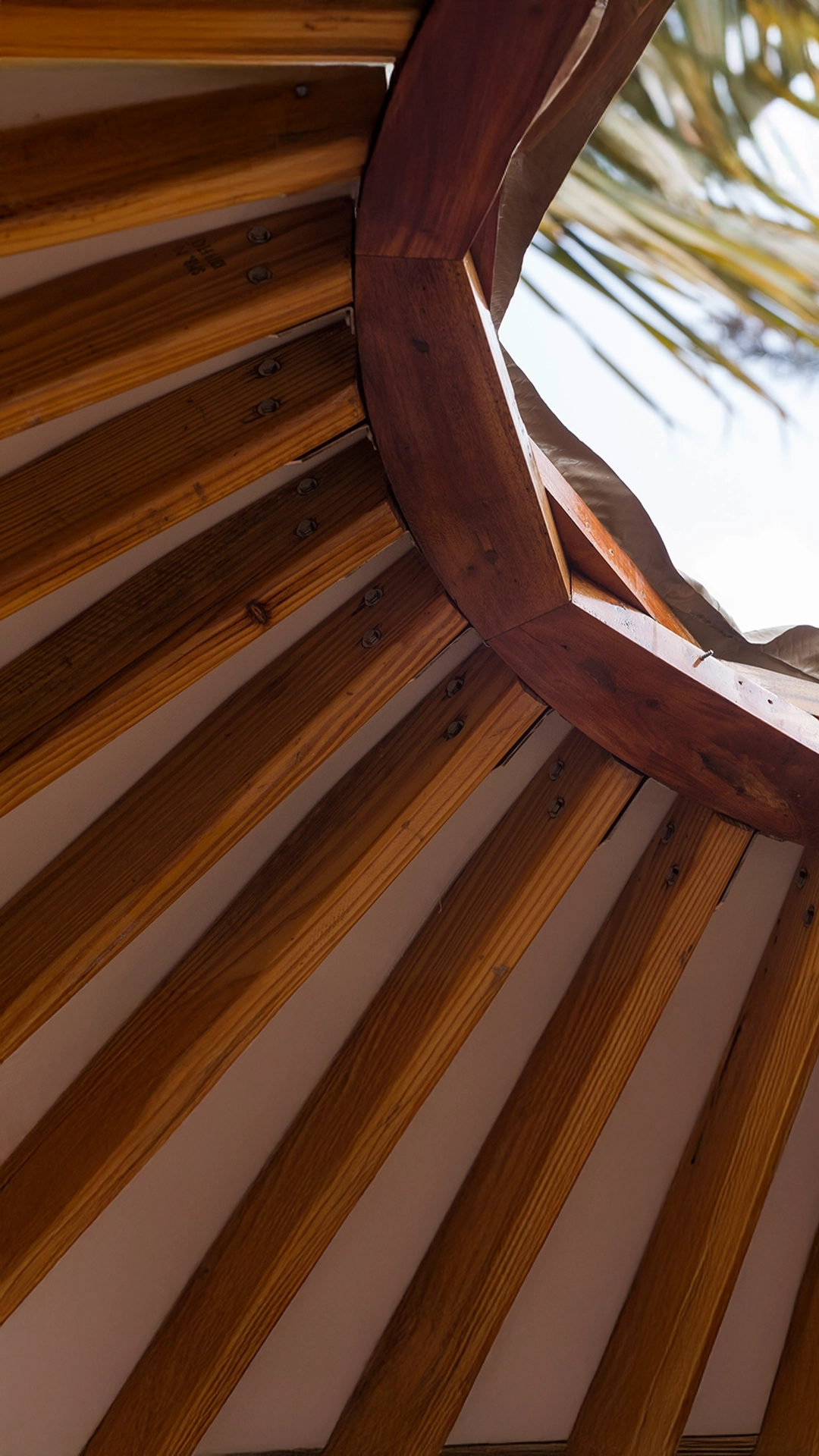
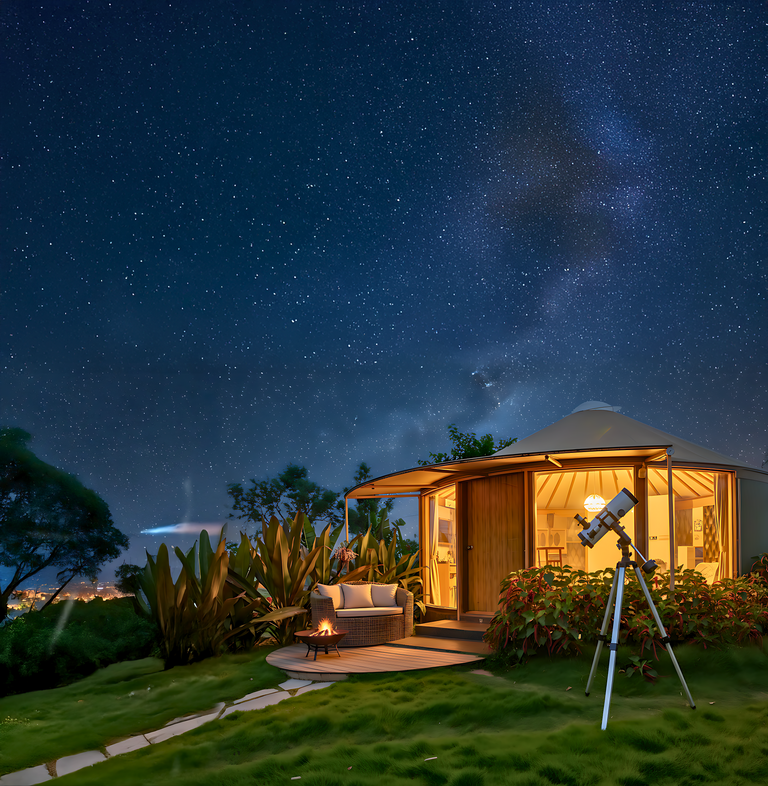
.png)

